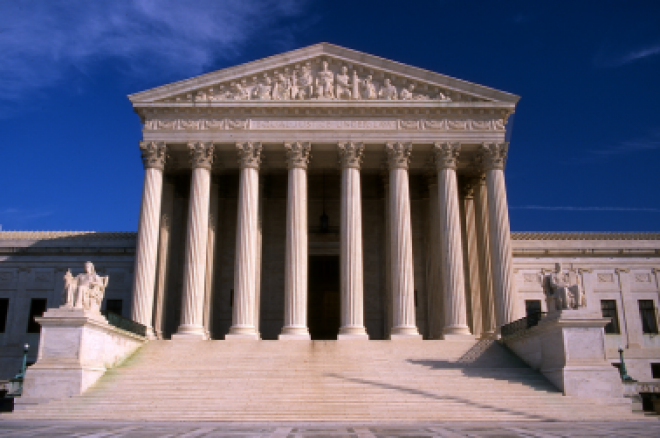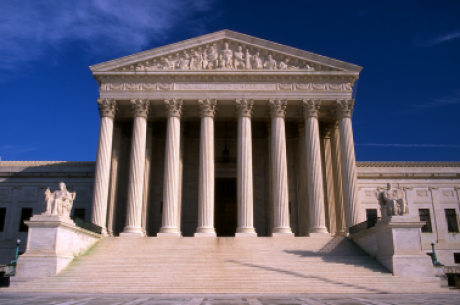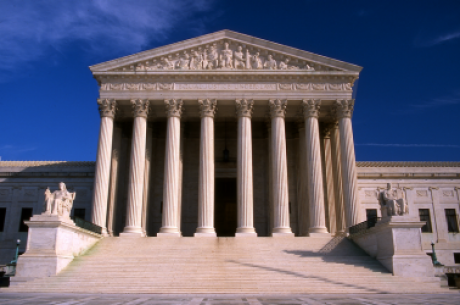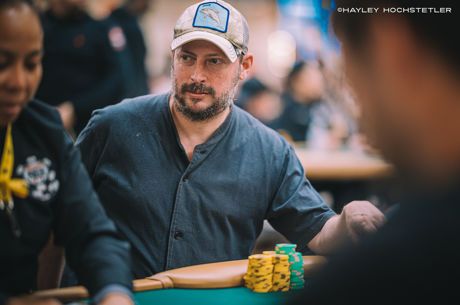Reid Pushing for Legalized Online Poker By the End of Next Week

A law could be passed to legalize, license and regulate Internet poker in the U.S. by the end of next week.
Senate Majority Leader Harry Reid is working on a behind-the-scenes deal with Senate and House leaders to attach an Internet poker bill to larger legislation guaranteed to pass in the lame-duck session the way poker's opponents attached the Unlawful Internet Gambling Enforcement Act to the SAFE Port Act in 2006, according to Poker Players Alliance executive director John Pappas.
If Reid's bill — a final version is expected to be made public in the next 24-48 hours, but an early version was leaked by the Las Vegas Review-Journal here — is attached to a larger bill, Pappas said that is a sign the deal has been reached in both houses and that government-sanctioned Internet poker will become a reality.
"We'll know certainly by the end of next week whether Internet poker will be part of any package that passes," Pappas said. "Either it will be law or not by the end of next week."
It's been rumored all year that Reid had come around on online poker, but he had yet to make a public move or declaration of support. There were concerns from the poker community that any bill from Reid, who is highly influenced by the casino interests in his home state of Nevada, would not be good for players.
The bill as leaked by the Las Vegas Review-Journal is a mixed bag. The essentials are in place for a strong marketplace. Many websites will have the opportunity to obtain licenses, including popular existing sites like PokerStars and Full Tilt Poker, creating competition that should maintain the levels of rake and reward programs to which players have become accustomed. Sites would be required to pay a 20-percent tax on all deposits each month, which shouldn't be so exorbitant as to force sites to pass the cost on to the players. However, there are a few key issues with the bill that could have a huge impact on poker players in the short term.
"It's not going to be 100 percent of what players want, though I don't know if any bill would be," Pappas said. "There's been a lot of compromise. We're dealing with a lot of powerful interests who don't necessarily have players' interests in mind. The PPA is one of the seats at the table, and we're fighting for every bit we can get."
The clause causing the most fretting on poker message boards is a proposed 15-month blackout period before the first licenses would be granted. This is meant to give time for U.S. casinos and other companies that want to be involved to get their websites together and to essentially reboot the Internet poker industry so that all sites begin on a level playing field.
For citizens who play online poker professionally and count on that income, this could put them out of a job for 15 months. Some pros already are planning, according to poker message boards, to move to another country if this 15-month blackout period is initiated. The PPA is trying to get this reboot time significantly reduced.
"It doesn't make sense for the player or the industry," Pappas said. "I don't know why any new entrants into Internet gaming would want to come into an industry that has been decimated, or the players have all moved to truly unregulated sites, sites with no interest of ever being licensed. They might never win those players back to regulated sites. If someone is interested in operating an Internet gaming site, I'd think they would like to see a much smoother transition."
Another matter the PPA is fighting is a proposed three-year probation before the U.S. sites would open themselves up to international players. Even if PokerStars and Full Tilt get licenses, they would have to keep the U.S. and international player pools separate during this period.
In the draft, state governors must decide either to opt out (in states where poker is currently offered at the brick-and-mortar level) or opt in (in states where poker is not currently offered). Pappas would like to see the responsibility turned over to state legislatures to opt out rather than leaving the decision in the hands of one person.
The PPA intends to begin a campaign asking its members to contact their Senators to tell them to support pushing this bill during the lame-duck.
Pappas cautions that to take advantage of this small window to get Internet poker officially legalized, some parts unfavorable to players may have to be let through and fought at a later date. Once the lame-duck session ends and Republicans take control of the House and more seats in the Senate, it will be more difficult to pass legislation for the next two years.
"There will probably be parts of this bill that people won't necessarily like and we'll want to lobby to correct," Pappas said. "We may have to fight to pass legislation to correct these issues subsequently. I think the most important thing is it will provide clarity and establish in the long term a licensed and regulated Internet poker marketplace. There will be Harrah's, new entrants like perhaps Google, Yahoo and Facebook, as well as existing operators. There will be a robust market with strong consumer protections and great competitive options for the players."
Follow us on Twitter for up-to-the-minute news.








